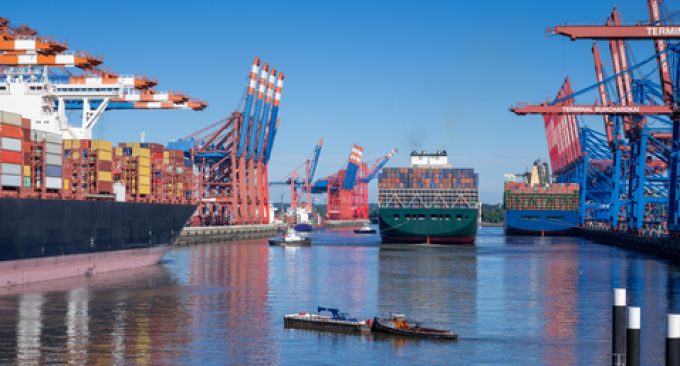European port congestion now at five-to-six days, and getting worse
European port congestion continues to worsen, with workforce constraints “exceeding forecasts” in Bremerhaven, and stakeholders ...

The Central Assocation of German Seaport Operators (ZDS) has submitted a final offer to port workers associated with trade union ver.di, but if they reject the offer, further port strikes could coincide with the traditional peak season.
After a “difficult” fourth round of negotiations in Bremen ...


Comment on this article